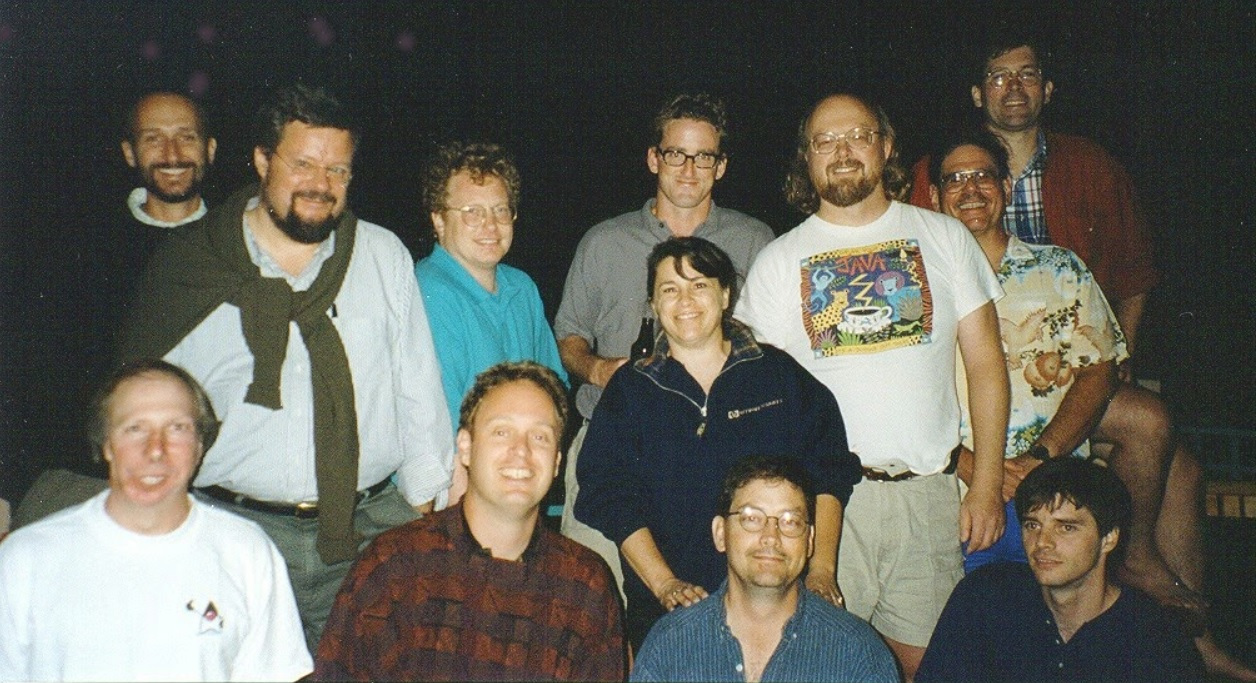HISTORY OF JAVA
Oak's green team

James Gosling, Mike Sheridan, and Patrick Naughton initiated the Java language project in June 1991. Java was originally designed for interactive television, but it was too advanced for the digital cable television industry at the time. The language was initially called Oak after an oak tree that stood outside Gosling's office. Later the project went by the name Greenand was finally renamed Java, from Java coffee. Gosling designed Java with a C/C++-style syntax that system and application programmers would find familiar.
Sun Microsystems released the first public implementation as Java 1.0 in 1995. It promised "Write Once, Run Anywhere" (WORA), providing no-cost run-times on popular platforms. Fairly secure and featuring configurable security, it allowed network- and file-access restrictions. Major web browsers soon incorporated the ability to run Java applets within web pages, and Java quickly became popular. The Java 1.0 compiler was re-written in Java by Arthur van Hoff to comply strictly with the Java 1.0 language specification.
IMPLEMENTATION JAVA PLATAFORM
Portable stuff
One design goal of Java is portability, which means that programs written for the Java platform must run similarly on any combination of hardware and operating system with adequate runtime support. This is achieved by compiling the Java language code to an intermediate representation called Java bytecode, instead of directly to architecture-specific machine code. Java bytecode instructions are analogous to machine code, but they are intended to be executed by a virtual machine (VM) written specifically for the host hardware. End users commonly use a Java Runtime Environment (JRE) installed on their own machine for standalone Java applications, or in a web browser for Java applets.

Oracle Corporation is the current owner of the official implementation of the Java SE platform, following their acquisition of Sun Microsystems on January 27, 2010. This implementation is based on the original implementation of Java by Sun. The Oracle implementation is available for Microsoft Windows (still works for XP, while only later versions currently officially supported), macOS, Linux, and Solaris. Because Java lacks any formal standardization recognized by Ecma International, ISO/IEC, ANSI, or other third-party standards organization, the Oracle implementation is the de facto standard.